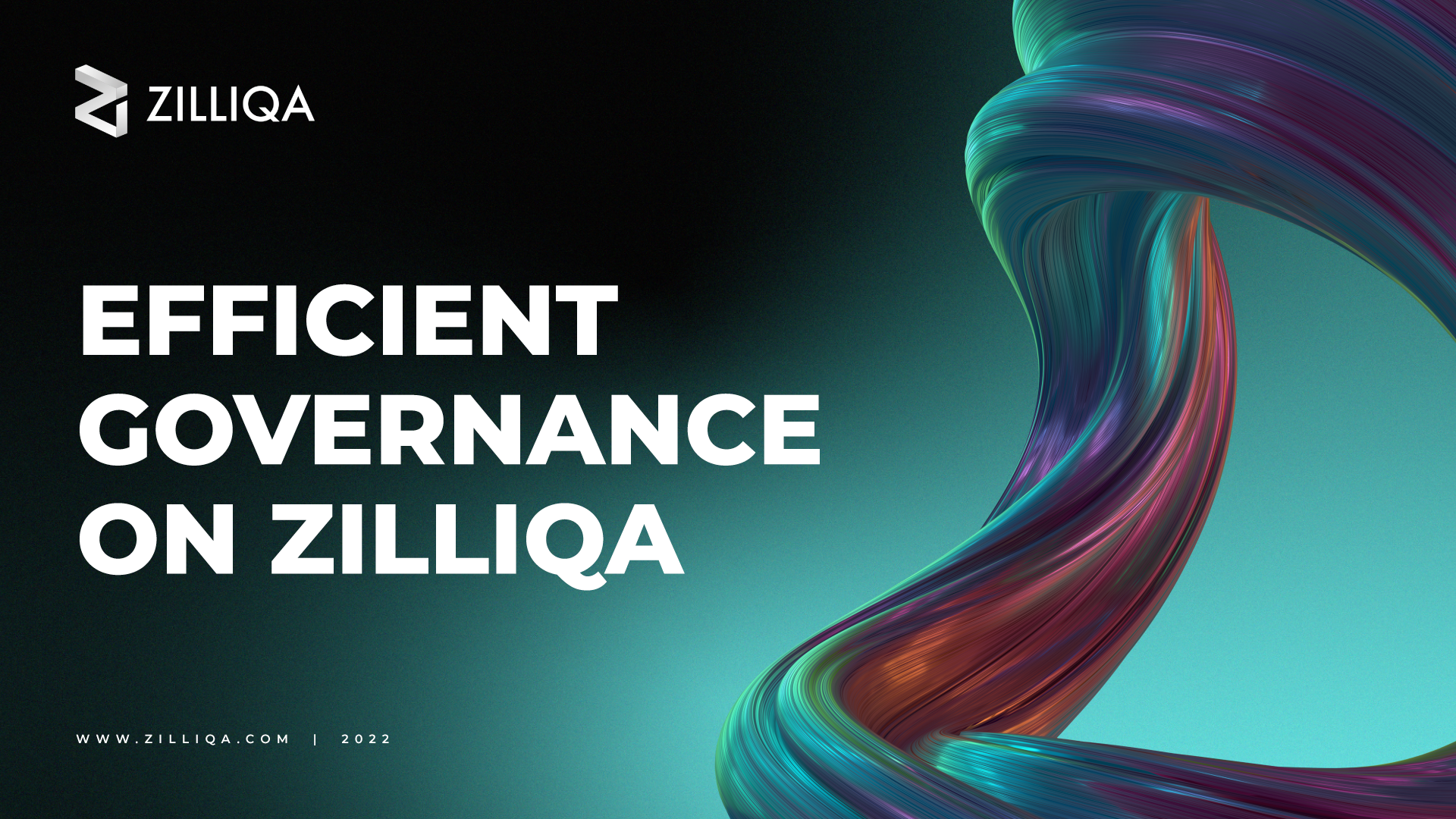New proposal to boost governance efficiency on Zilliqa
A new proposal has been published to lower the quorum needed to pass votes on Zilliqa's governance platform.

The Zilliqa team has published a new proposal on the Zilliqa Governance Forum to lower the quorum needed to pass votes on changes to the Zilliqa network to 8%.
Zilliqa uses a decentralised governance system that sees people across the network collaborate and work together to implement network changes through transparent discourse and consensus.
Anyone who holds gZIL (governance ZIL) tokens can vote on proposals and participate in the governance of Zilliqa, ensuring that changes to the protocol or governance process are voted on by those in the community with a vested interest in the blockchain.
This proposal aims to make it easier for active participants in the decentralised governance system to effect improvements to the Zilliqa network after a period of discussion and formal voting.
More efficient governance on Zilliqa
The current quorum required to pass proposals on Snapshot - the platform where gZIL holders formally vote on proposals - is 20%.
However, due to the wide distribution and atomisation of gZIL tokens, many holders are inactive and do not participate in the governance of the blockchain. This inactivity dilutes the ability for active participants in Zilliqa’s governance to effect improvements even when a majority vote is reached in favour of proposals.
An example of this is a recent proposal to set the minimum commission fee for Staked Seed Nodes (SSNs) to 4%.
The goal of this change is to improve the decentralisation of SSNs on the Zilliqa network and prevent a “race-to-the-bottom” scenario where incentives to run an SSN are diminished due to severe undercutting of competing nodes.
This proposal received a clear majority under formal voting on Snapshot but only reached 56% of the quorum required.
“It is important to the Zilliqa ecosystem that these types of proposals are able to pass or fail under the decentralised governance system, ensuring that protocol and network changes continue to be governed by active gZIL holders,” the proposal states.
“By reducing the quorum required to pass formal votes on proposals, decentralised governance can continue healthily and unhindered by inactive users.”
Lowering the quorum required to pass proposals to 8% will enable the governance system to more efficiently pass or reject proposals, while also remaining decentralised and ensuring that active gZIL holders can more easily play their role in shaping the future of the blockchain.
This quorum adjustment is subject to change under Zilliqa’s decentralised governance rules and gZIL holders may decide to change this again in future to accommodate different levels of participation.
If you’re a gZIL holder and want to have your say on this proposal, join the discussion here.
